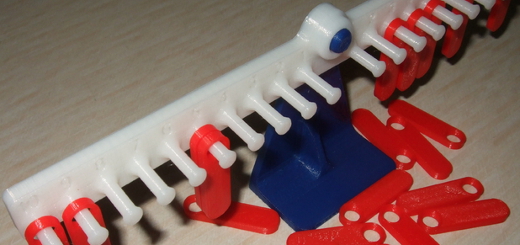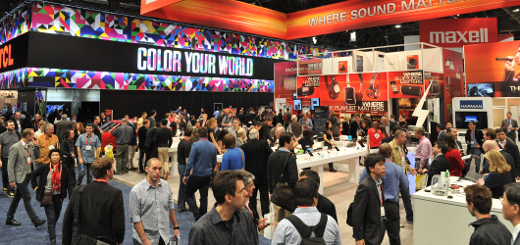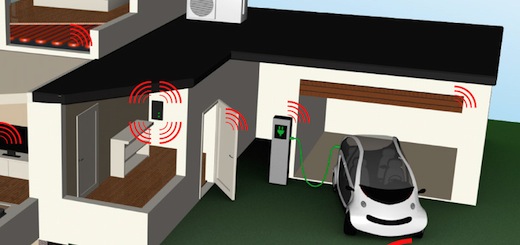Internet of Things the star of the show at this year’s CES
Major headlines in robotics lately have circled around Amazon’s drone-based delivery ambitions and Google’s consolidation of a number of small, innovative robotics teams under Android OS-head Andy Rubin. Such moves, akin in many ways to those made by Chinese manufacturing giant Foxconn toward automation over the past two years, represent the opportunity for a fundamental change to the nature of numerous expensive and labor-intensive processes, and thus it is difficult to oversell their potential significance. While the manufacturing and delivery-oriented side of robotics represents an integral driving sector within a field that has taken marked hits from decreasing military orders over the past two years, however, it’s far from the only space of innovation.
As was increasingly predicted over the last year, home automation and the “Internet of Things” (IoT) are already proving that they will stand at the very center of consumer robotics in 2014. At this year’s Consumer Electronics Show in Las Vegas, a seemingly endless stream of new “connected” products have debuted in a demonstration of the steady expansion of home automation beyond merely the ubiquitous robotic vacuum cleaner (though one of those showed up as well).
From Belkin’s simple new home-networking device, the WeMo, to Bosch’s launching of Bosch Connected Devices and Solutions, a new subsidiary devoted to “sensor-based applications for intelligently networked homes … as well as for activities in the fields of traffic, transportation, and logistics,” the range of companies attempting to insert themselves into the IoT conversation has been increasing by the day. Indeed, the conversation surrounding the “smart home” is only getting started, as Wednesday’s CNET panel on the topic featuring representatives of GE, Nest, Revolv, and other trendsetting companies promises to suggest.
Perhaps the greatest fanfare at this year’s show thus far, however, accompanied Samsung’s entry into the field with their pre-CES press conference, in which they placed a marked emphasis upon the firm’s “smart home” initiative. Representing an effort to reinvigorate investor confidence following a relatively stagnant year, CEO BK Yoon used CES as a platform for recasting Samsung as an innovator within a highly promising and still very open field. “Imagine getting a health check from your doctor through your TV,” Yoon suggested. “Imagine your family watching a TV show in the living room while you cook. This is streamed directly to a screen on your kitchen appliance. Imagine taking a call from your refrigerator without picking up your smartphone. These are all glimpses into the home of the future.”
That the types of domestic and urban connectivity promised by the IoT are exciting is hardly news; that they’ve reached the point where they can undergird the attempts of so significant a market player as Samsung, however, as well as represent by far the most innovative and widespread technological field in the annual consumer showcase that is CES paints far clearer a picture of just how important this nascent popularization of automation and connectivity promises to be over the next few years.
[ image courtesy of Samsung ]



